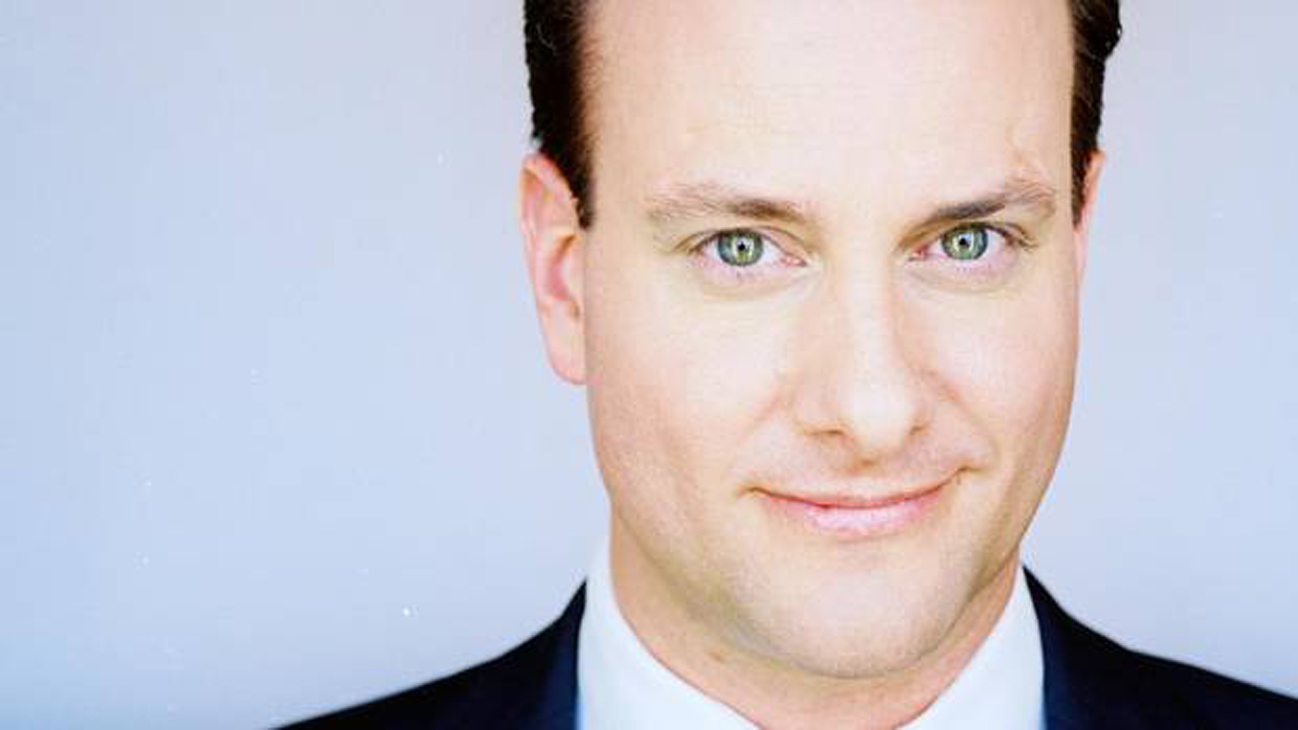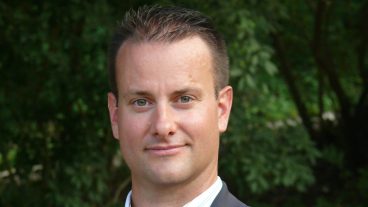Stress is a challenge but it can also be an opportunity. Short bursts of stress can actually help us perform at a higher level, but elevated stress over long periods of time — called chronic stress — negatively impacts our performance and can have serious consequences on our health.
Too many of us are already overwhelmed with chronic stress, and we are entering what some people feel is the busiest time of the year — the holiday season. Suddenly our regular schedule gets filled with holiday preparations and social events, while even at work we can have added “end of year” pressure and deadlines. It’s a lot, and it can quickly become very overwhelming, and at times balancing it all can seem almost impossible — but people do impossible every day.
Health and performance expert Dr. Greg Wells draws on the experiences of elite athletes and top executives to help people learn how to perform at their highest level even when facing extreme stress. His goal is to help people control their stress levels so they can get healthier and use it to perform better. He shared a few tips with us on how we can use stress to our advantage this holiday season.
Change a “Threat” into a “Challenge”
Our bodies don’t know the difference between being attacked by a sabre tooth tiger or getting a new task from your boss. Both events generate the same stress hormones, cortisol and adrenaline. The difference between the two events is that one is a real threat while the other can be turned into an opportunity.
Dr. Wells says the most important thing we can do when facing a stressful task is to reframe how we think about it — it’s not a threat, it’s a challenge, it’s an opportunity to grow.
To do this, we have to begin by understanding our two nervous systems that control how we respond to situations. Our sympathetic system puts our foot on the gas pedal and rules our performance (stress), while our parasympathetic system is the brake that puts us in recovery mode (regeneration).
When you are facing chronic stress, you are constantly engaging your sympathetic nervous system giving you no chance to recover, which is why your performance is often negatively affected in situations of continual stress. To overcome this, you need to force your body to switch into the parasympathetic nervous system. Here’s how:
- Practice relaxation breathing. Take long, slow, deep flowing breaths. When we exhale for 6-8 seconds we can trigger a relaxation response in the body. This can dramatically change your psychological state and help you regain control of your own body and mind, boosting your performance.
- Practice positive thinking. “Your words define your reality,” Dr. Wells says. When talking about the tasks ahead of you focus on speaking or thinking positively – even when the task seems daunting. This can give you a positive outlook and help you change pressure into a challenge. Dr. Wells also recommends starting your day with morning affirmations — powerful messages, such as “You can do this!” — to help wake you up in the morning and set you on a positive path for the day. It may seem too simple, but words and the way we speak to ourselves can be a powerful tool.
These strategies come directly from Dr. Wells work with top performing athletes. He has spent more than 20 years working with Olympians and has seen a fundamental change in how star athletes train. Coaches no longer work their athletes as hard and as much as they can, instead they make sure that their athletes have time to recover in between workouts and practices by engaging in meditation and yoga.
What we’ve learned from this is that our bodies need time to recover in order to perform at our best. By engaging in relaxation breathing and positive thinking, we can help our bodies get into the mode of recovery.
Shift from Distraction to Focus
The science of physiology tells us that humans are not good at focusing on multiple things at the same time. “Multi-tasking is a myth,” Dr. Wells says. Being surrounded by constant distractions — for example checking your smartphone while trying to get work done — blocks our creativity, problem solving, learning, and concentration capabilities.
To perform at our best, it is critical that we find time each day to focus exclusively on the most important projects or tasks. We need to pivot from multi-tasking to single-tasking. This is never more important than when we find ourselves in stressful situations.
Simply said, as pressure increases so should our focus.
Create a State of Flow
When you combine the two steps above (challenge and focus), your body can adapt to whatever situation you find yourself in. This is called “flow” and it’s the ideal performance state that your favourite athletes all strive to reach.
The enemies of flow are tension and fatigue, which is why it’s so imperative that we train ourselves to take a break from our sympathetic nervous system, which puts us in a constant state of “go, go, go”. We need to learn how to engage our parasympathetic system so we can recover, and better focus on the tasks at hand. Focus is the primary requirement into entering a state of flow.
The old mentality of just “trying harder” is defunct. All it does is increase your anxiety. The true top performers that we celebrate for their achievements follow these steps outlined above to use stress to their advantage — they set a challenge, they focus on it, and they unleash their greatness. These simple steps can be used in your day to day life as well, and turn the impossible into possible.
Dr. Greg Wells knows that in high performance situations, the human mind and body have to work together for ultimate results. Drawing on parallels between elite athletes and top executives, he shows business leaders how to perform at the highest level, even when under the most extreme circumstances.
Interested in learning more abut Dr. Wells and what he can bring to your next event? Email us at [email protected].




